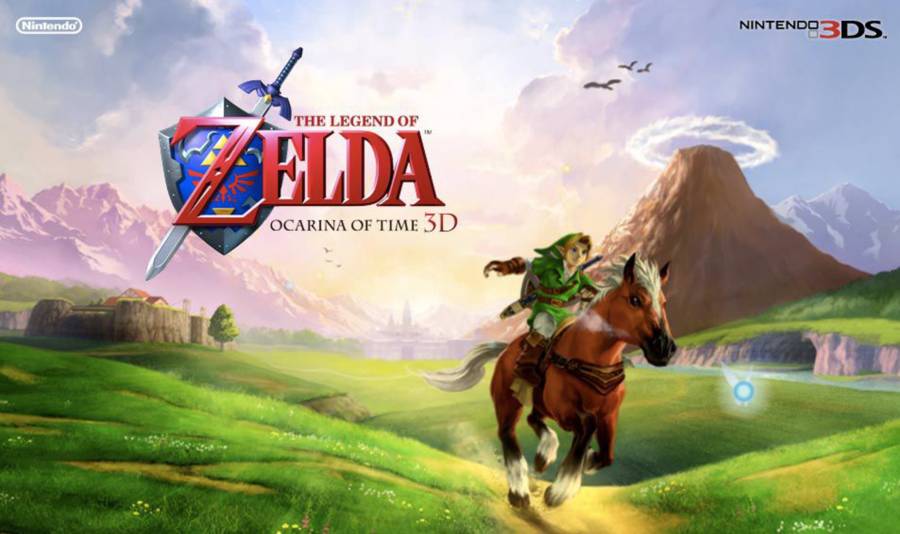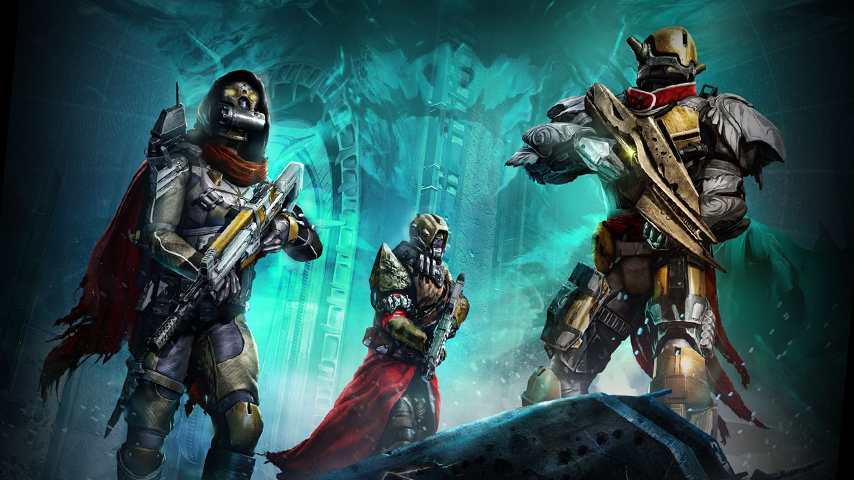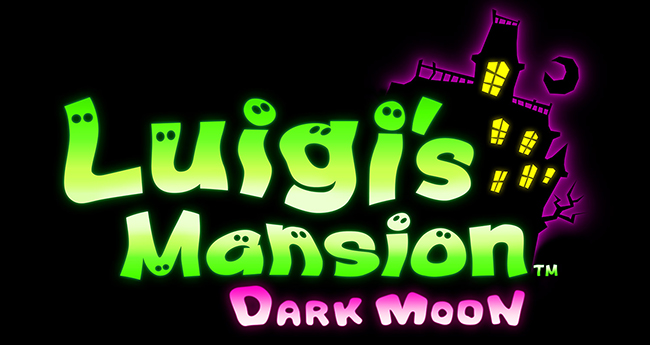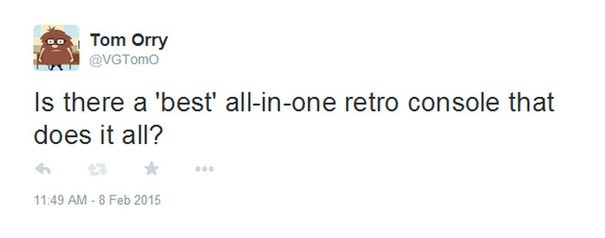Casual games are everywhere, from Facebook to your smartphone, and are played by millions of people every day. Casual games are targeted at this kind of 'mass market' audience with the main aim being to get as many people playing them as possible. These sorts of games usually have simple rules, easy game-play, often just clicking a few mouse buttons, and involve relatively quick challenges which can be endlessly repeated in search of a new high score or other performance indicator. As such, these games are not inherently competitive and do not require much time commitment from the player, as opposed to big MMORPG (massively multiplayer online role-playing games) online games or other PC or console games. As such, casual games are not aimed at 'hardcore gamers' and often do not have victory conditions, therefore not putting any pressure on the player.
Casual games have been around since the very first video games were produced back in the 1970's. The popular arcade game Pac-Man, which came out in 1980, is the first real casual game as its simple controls and objectives, yet highly addictive nature, meant that it quickly caught on with millions soon playing it around the world in arcades. Things only grew from there with Nintendo's first Game Boy being released with Tetris on board and Microsoft's first Windows system for PCs including Solitaire, both these casual games were huge successes in their own right and remain incredibly popular games today. But modern casual games are all found online, most being browser games which can be played on any PC or smart-phone, maintaining the focus on mass-market appeal.
Online games are all the rage these days with browser games being particularly popular with players and developers alike. This is largely thanks to Flash, a programming language developed for the internet in the 1990's, which is used to make online games; this is easy to use and cheap to do, so many developers will create online Flash games for free. With so many free online browser games available to play from computers at work or at home, from smart-phones and the like, the public are becoming hooked on them with more than a billion people worldwide playing a casual browser game at some point during their day. Part of their popularity comes from the fact that these games cover so many genres with many, like Solitaire, being based on existing games or puzzles that are already very popular in their own right.
Social media has been the biggest recent change in casual gaming and has increased its scope even further. The most popular casual game in the world is the Facebook game Farmville, itself a copy of the Chinese social-media based game Happy Farm; Farmville has over 70 million active players daily! There are hundreds of other Facebook games like this and thousands more on different sites. Such browser games rely on the social appeal of playing with / against your friends through the game, even if you might not be playing at the same time. The 'time delay' factor in these games also makes them perfect for short bursts of play, like during work breaks, which is all that the players really want them to do. With the rise of social media, social casual games are becoming all the rage.






 Destiny guide: how to reach level 32
Destiny guide: how to reach level 32 The Struggle: One mans tale of pain, ingenuity, an Xbox One and shelving units
The Struggle: One mans tale of pain, ingenuity, an Xbox One and shelving units Luigi's Mansion: Dark Moon Guide - Boo Locations Guide - GamersHeroes
Luigi's Mansion: Dark Moon Guide - Boo Locations Guide - GamersHeroes My epic retro gaming adventure
My epic retro gaming adventure Fire Emblem: Awakening Guide – Paralogue 5: Scion of Legend Guide - GamersHeroes
Fire Emblem: Awakening Guide – Paralogue 5: Scion of Legend Guide - GamersHeroes